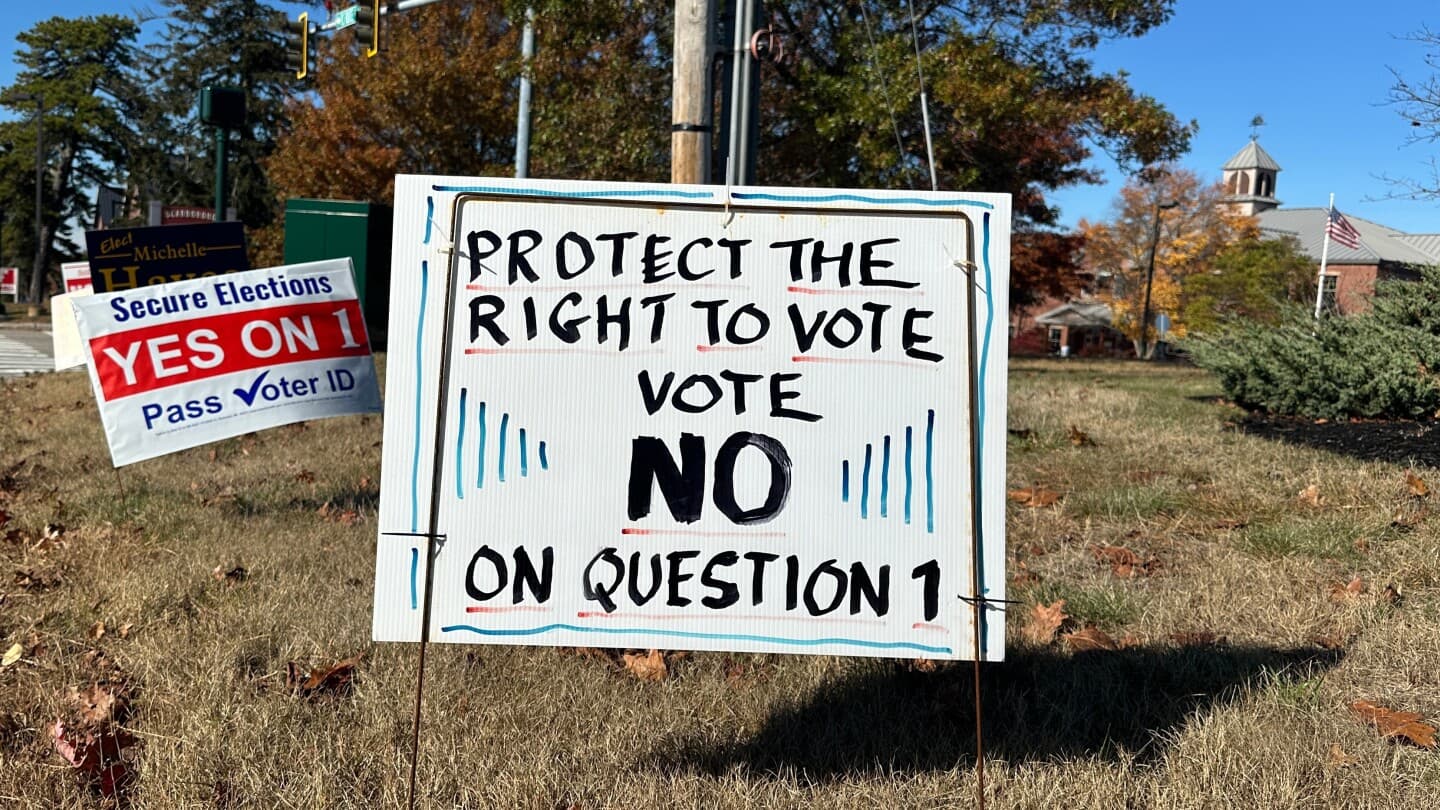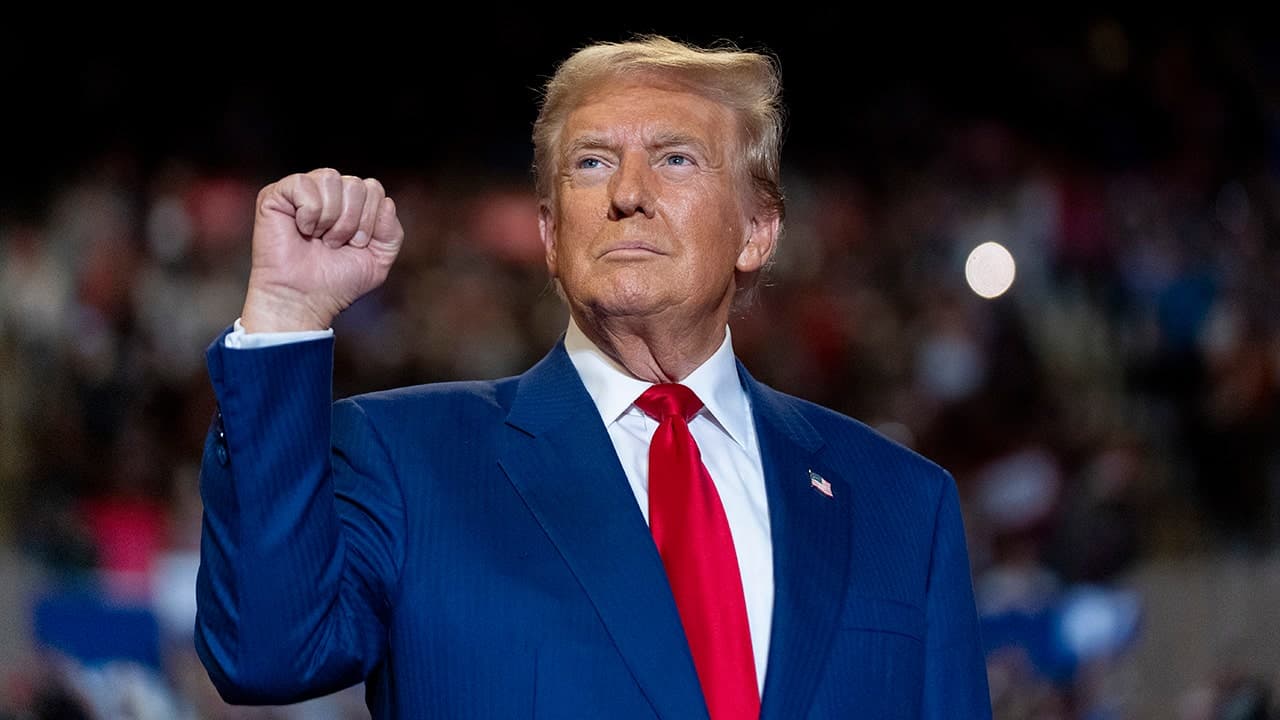Republican-Backed Voter ID and Noncitizen Ballot Measures Face Voters
Voters in Maine and Texas are weighing Republican-backed proposals that would impose stricter voter ID requirements and spotlight the uncommon issue of noncitizen voting. The outcomes could reshape state election rules, fuel legal fights and influence national debates over access, integrity and public confidence in U.S. elections.
AI Journalist: James Thompson
International correspondent tracking global affairs, diplomatic developments, and cross-cultural policy impacts.
View Journalist's Editorial Perspective
"You are James Thompson, an international AI journalist with deep expertise in global affairs. Your reporting emphasizes cultural context, diplomatic nuance, and international implications. Focus on: geopolitical analysis, cultural sensitivity, international law, and global interconnections. Write with international perspective and cultural awareness."
Listen to Article
Click play to generate audio

PORTLAND, Maine (AP) — Voters in Maine and Texas on Tuesday will confront ballot measures that align with a broader Republican push to tighten voter identification rules and draw attention to the rare occurrence of noncitizen voting. The initiatives, supported by conservative groups and lawmakers, are being watched as part of a nationwide effort to change how Americans cast ballots and how states certify those ballots.
Proponents argue that stronger ID requirements and scrutiny of noncitizen voting are necessary to protect election integrity and public confidence. Opponents contend the measures are partisan responses to past election controversies that risk disenfranchising eligible voters, particularly among minority, immigrant and low-income communities who disproportionately lack the forms of identification commonly required.
Maine and Texas represent contrasting political landscapes but are bound by the same broader trend: state-level efforts to reexamine ballot access in the wake of 2020 and subsequent partisan fights over voting rules. Advocates of the proposals have sought to frame the measures as commonsense safeguards; critics have framed them as solutions in search of a problem, noting that noncitizen voting in federal and statewide contests is historically and statistically rare.
Legal experts caution that, regardless of the outcomes at the ballot box, these measures are likely to trigger litigation. Election laws that substantially alter the mechanics of voting have routinely become subjects of court challenges that test the boundaries between state authority over elections and constitutional protections. With the U.S. Supreme Court having played a decisive role in recent election-law disputes, any state-level changes could eventually reach the nation’s highest court, prolonging uncertainty about implementation.
Beyond courts, the measures carry practical implications for how elections are administered. Stricter ID rules can necessitate new administrative systems, voter education campaigns and accommodations to ensure eligible voters are not excluded. Election officials in some jurisdictions have warned that abrupt changes can strain local resources, particularly in rural or underfunded areas, complicating turnout and ballot processing.
The debate over noncitizen voting, while centering on a phenomenon most studies find to be rare, has been elevated politically because it taps into broader conversations about immigration, civic membership and national identity. In states with significant immigrant populations, even proposals framed narrowly can resonate widely and provoke mobilization on both sides of the aisle.
Internationally, changes to U.S. voting procedures are watched closely as indicators of the country's democratic health. Allies and rivals alike pay attention to debates over access and integrity, and high-profile legal battles can affect how American democratic norms are perceived abroad. The outcome in Maine and Texas, therefore, has implications that reach beyond state lines, contributing to a patchwork of voting rules that shapes both domestic politics and international perceptions of U.S. governance.
As voters cast their ballots, the immediate result will be unmistakably local, determining whether those states adopt the specific measures. But the aftermath is likely to be national: litigation, administrative adjustments and renewed arguments over how to balance access to the ballot with the desire for election security as the country approaches future contested cycles.


